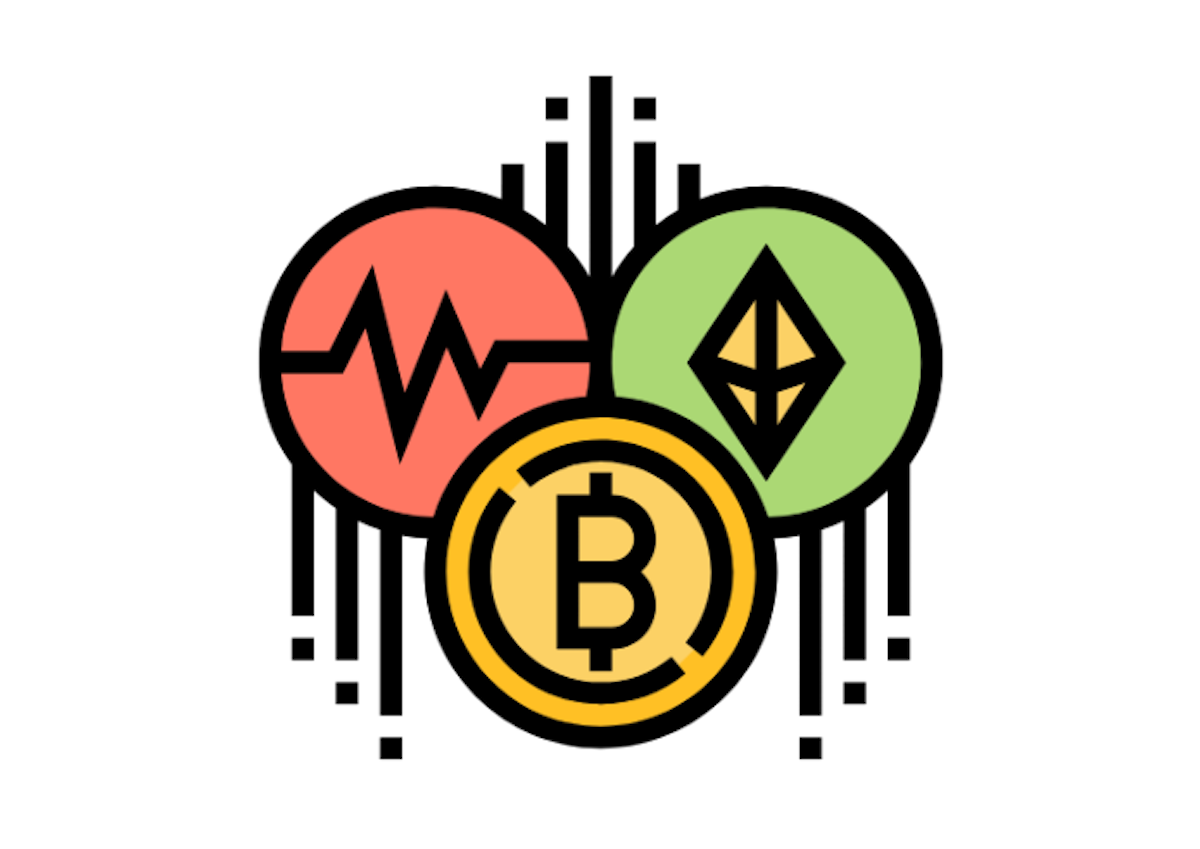Web3 has huge impact potential but it’s historically been an impact no-no due to its insanely high energy profile.
A new upgrade to the Ethereum platform is set to reduce its energy consumption by 99.95% and unlock a whole new world of impact startups.
The environmental cost of coins
Web3 startups, built upon blockchain technology and tradable tokens like Bitcoin and Ethereum, have huge impact potential for both people and planet. Specifically, the attributes of blockchain transactions – transparency, trust, and convenience – make them an excellent platform for scalable impact products like carbon credits, financial inclusion, and voting systems for improved civic engagement.
Despite its impact potential, however, Web3 has historically been an impossible sell for impact investors due to its mind-boggling environmental cost. Last year, the Harvard Business Review reported that the computing power required for Bitcoin transactions represented an energy consumption larger than some countries including Malaysia and Sweden.
Meanwhile, Bitcoin’s demand for computing hardware is generating 30.7 metric kilotonnes of e-waste every year, representing more than an iphone’s worth of e-waste with every transaction.
Until recently, the story was the same for Ethereum, a tradable token that can be used to create decentralised applications rather than being limited to use as a currency like Bitcoin, and it completely undercut their impact applications. If you were using Ethereum to buy a carbon removal to offset your flight from Sydney to Melbourne in 2021, you’d actually generate a net negative carbon impact on the transaction1,2.
A 99.95% Reduction in Energy Consumption
In exciting news for crypto-geeks and impact investors alike, Ethereum is in the final stages of a technology update that will drastically cut its carbon footprint. The high level is that Ethereum is moving from a “Proof-of-Work” model, where trusted validation occurs through high amounts of computation, to a “Proof-of-Stake” model, where trusted validation comes from token holders who are selected based on their ownership of the network.
According to the Ethereum Foundation, the result will be a 99.95% reduction in the network’s energy consumption. To put this into perspective, this makes the energy profile of the entire Ethereum network comparable to a small town of approximately 2,100 homes, rather than a Scandinavian country. On a per transaction basis, Ethereum transaction energy costs will become equivalent to watching 20 minutes of TV, compared to 2.8 days of total home energy consumption required under the Proof-of-Work model.
The impact of this transition is profound. Not only does this unlock the incredible potential of Ethereum technology for impact use cases, but it also lays the groundwork for other major crypto networks like Bitcoin to make the same switch.
Don’t miss any of the stories, subscribe to the newsletter HERE
A New Wave of Web3 Impact Opportunities
We’ve already seen so many opportunities using blockchain creatively to produce impact outcomes, with just a few examples of areas we’re excited about below.
Carbon sequestration
The carbon credit market has historically been held back by underdeveloped, often paper-based trading infrastructure and inability to trace origination to qualify the difference between a more impactful carbon removal (like carbon sequestration technology drawing down from atmospheric carbon) and less impactful carbon avoidance (“I won’t chop this tree if you pay me not to”). Web3 solves this with transparent trading infrastructure that enables easy transfers of cash for credits and traceability to verify the quality.
Financial inclusion
Digitisation of financial systems presents a huge opportunity to provide access to capital markets for the 1.7b globally who don’t have a bank account. These people cannot access the loans or financial services that enable self-empowerment, and – in news that will surprise no one – it disproportionately affects women. Enabled by high penetration of smartphone technology in emerging economies, Web3 could unlock a new generation of platforms providing credit histories and access to financial products for the unbanked population.
Supply chain transparency
Companies are struggling to meet ethical supply chain standards like sustainable procurement and the Modern Slavery Act due to complexity and resulting lack of transparency around where their inputs come from. Web3 tokens could provide the easy traceability capability required for companies to build ethical supply chains. Take this example from WWF, who used blockchain technology to trace tuna and ensure it was fished sustainably.
Civic engagement
In a political landscape plagued by toxic misinformation and mistrust, people are becoming less engaged, with US trust in government at historic lows. This trend couldn’t be happening at a worse time, when we need strong public action to address the twin crises of climate change and social inequity. Web3 technology could also be used to improve the integrity of voting systems and secure democratic engagement between citizens and their parliament.
Closing thoughts
It’s set to be an exciting time for the Web3 sector. For us, it also underscores just how important the operational impacts are for impact investors. It’s not enough to create positive outcomes by delivering value, you also need to build value on technologies that don’t trade off the impact benefit. More two steps forward, less one step back.
We expect to see massive growth in new forms of impact businesses built on Web3, and we’ll continue to keep a close watch.
This article first appeared on the Giant Leap blog, here.

